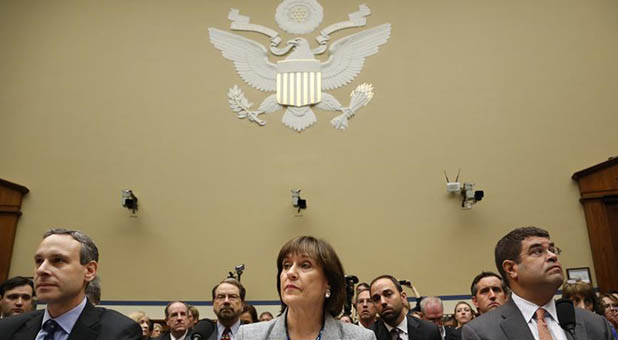Appeals Court Gives IRS an Ultimatum
In the run-up to the 2012 presidential election, the Internal Revenue Service was accused of blocking the tax-exempt status requests of numerous Christian and conservative organizations.
A number of those groups have since sued the IRS, including True the Vote, a Tea Party Patriots-connected nonprofit established in 2009 to provide education and support to ensure well-trained election workers are available in all 50 states. But it did not receive its tax-exempt status from the IRS until 2013, a move that arguably hindered its efforts.
In 2014, U.S. District Court Judge Reggie B. Walton of the District of Columbia more or less threw out True the Vote’s lawsuit, saying that because it had since received its tax-exempt status, the case was moot. The nonprofit argued, however, the IRS could target it unfairly for audits in the future as a result of the lawsuit.
In legal terms, True the Vote was seeking to invoke the “voluntary cessation exception to the mootness doctrine.” They wanted proof the IRS isn’t illegally targeting groups based upon their ideology anymore.
Walton refused to take up that issue, but now the U.S. Court of Appeals for the District of Columbia says True The Vote has a valid point. In its order remanding the case back to the district court level, the three-judge panel—led by Senior Circuit Judge David B. Sentelle—is demanding proof the IRS has ended its targeting program, particularly in light of the fact the IRS has refused to approve the tax-exempt statuses of other groups that have sued the agency.
“The IRS is telling the applicants in these cases that ‘we have been violating your rights and not properly processing your applications. You are entitled to have your applications processed. But if you ask for that processing by way of a lawsuit, then you can’t have it,'” Santelle wrote. “We would advise the IRS: if you haven’t ceased to violate the rights of the taxpayers, then there is no cessation. You have not carried your burden, be it heavy or light.”
Click here to read the entire opinion. The IRS has yet to respond.














































